Cuxhaven Seaport Customs Clearance
Cuxhaven Seaport is a strategic deep-water port located at the mouth of the Elbe River, serving as an important gateway for international maritime trade and offshore wind energy logistics in Northern Germany. PUREPROGRESS provides comprehensive sea customs clearance services for containerized cargo, project cargo, heavy-lift shipments, and commercial freight arriving at this vital North Sea port facility. Our specialized customs clearance protocols accommodate various cargo types including offshore equipment, wind turbine components, industrial machinery, bulk cargo, and general freight requiring expert handling of import documentation and EU compliance regulations. With our dedicated customs brokerage team managing all shipping documentation, tariff classifications, and port formalities, we ensure seamless and efficient customs processing for your sea freight. Cuxhaven’s position as a key offshore industry hub and multipurpose port makes it essential for renewable energy projects and international shipping logistics, with excellent connections to Hamburg and major European markets through intermodal transport networks. Our port customs services support importers, exporters, and logistics companies with reliable clearance solutions that minimize delays and optimize your supply chain operations through this important German seaport.
Our Services Include :
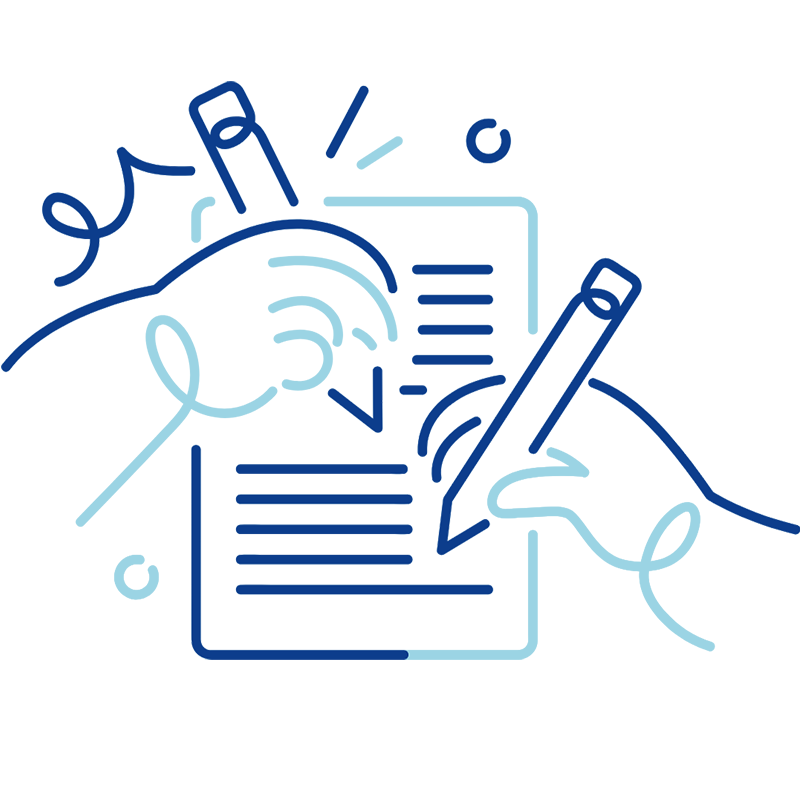
Customs Compliance and Expertise
Navigating the complexities of German customs regulations to ensure smooth and timely clearance.
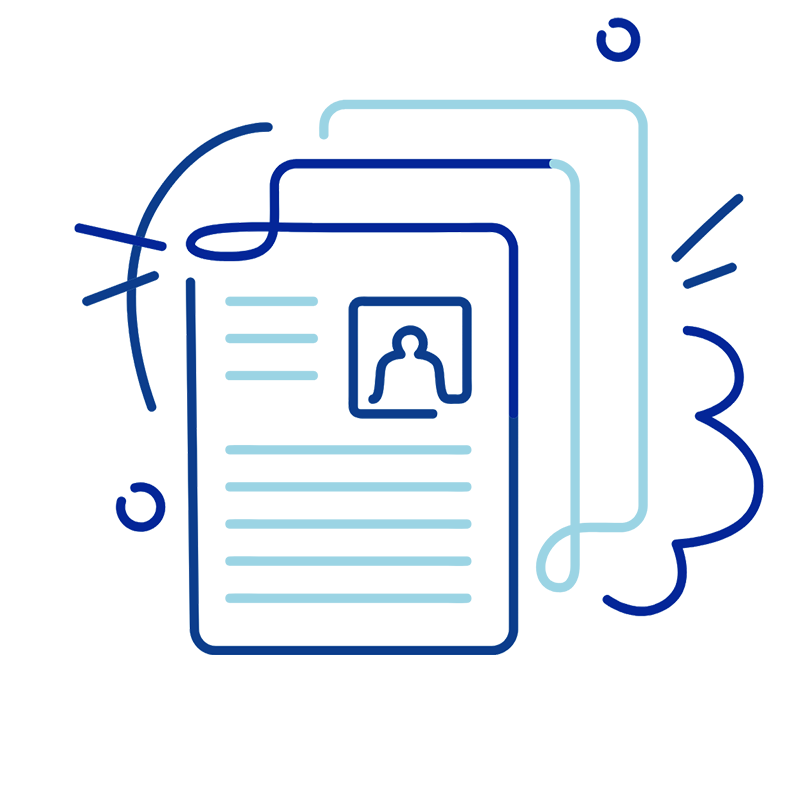
Expert Documentation Handling
Seamless management of all necessary paperwork to ensure compliance with regulations.
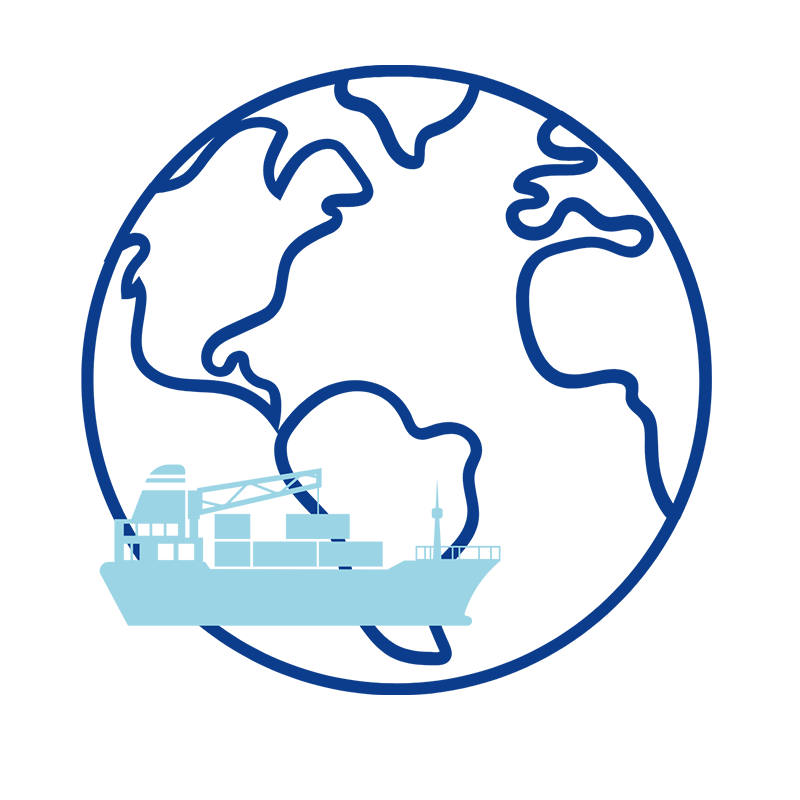
Safe and Reliable Transport
Safe and reliable transport solutions for both goods and vehicles, locally and internationally.
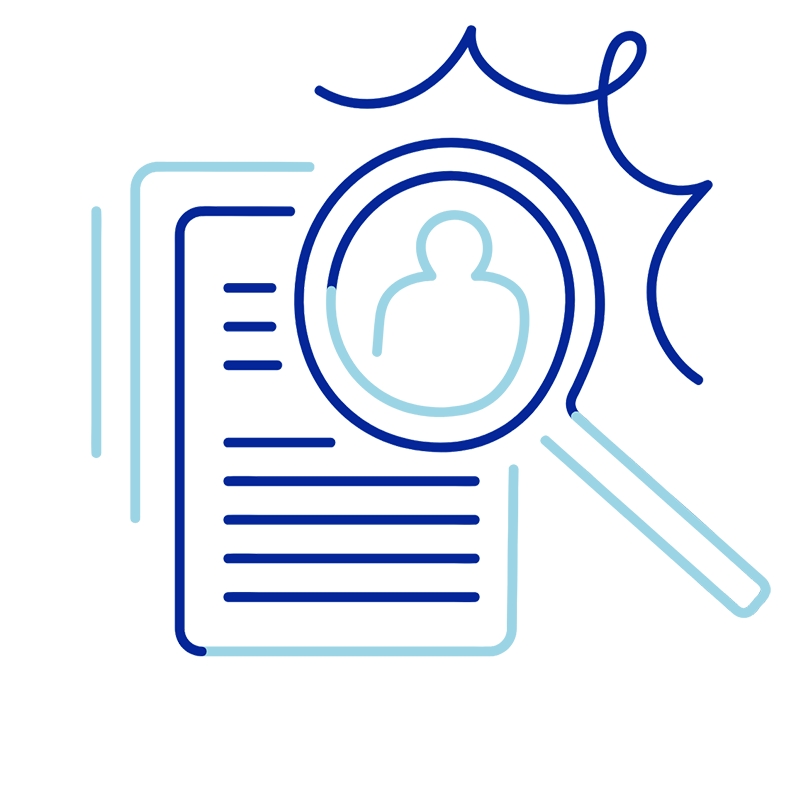
Personalized Support
Dedicated assistance throughout the customs clearance process, offering guidance tailored to your specific needs.
Sea Customs Requirements for Goods' Import Shipment
To prepare the customs documents for your vehicle being shipped by sea, we require as much information as possible in advance via email. Please send the following:
- Commercial invoice including seller’s address and recipient’s address in German
- Detailed packing list
- Package quantity and type specifications
- Bill of Lading (B/L)
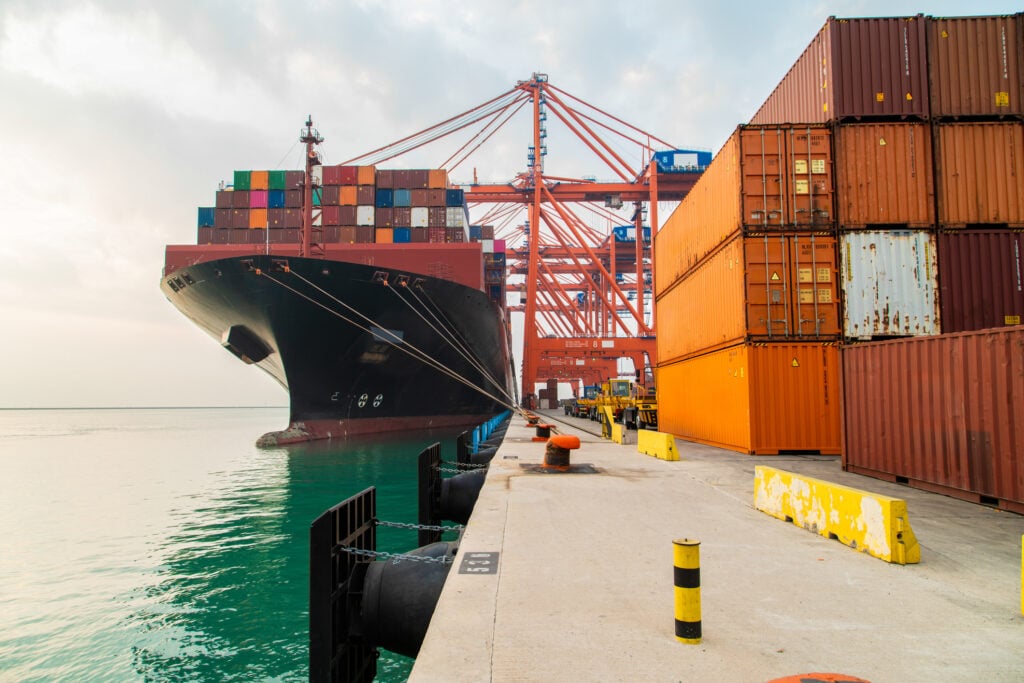
Sea Customs Requirements for Goods' Export Shipment
To prepare the customs documents for your vehicle being shipped by sea, we require as much information as possible in advance via email. Please send the following:
- Invoice
- Packing list
- Information on the number and type of packages
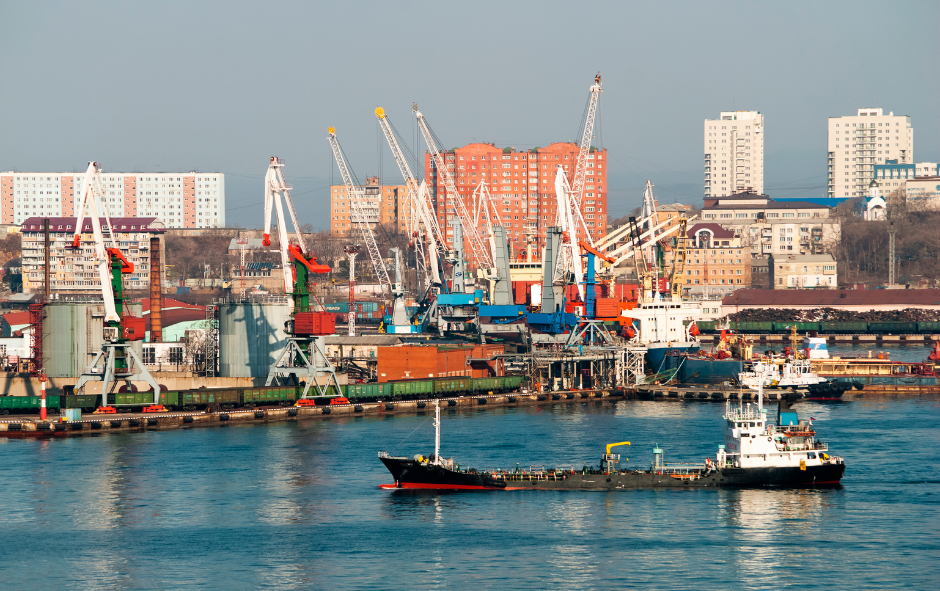
Customs Clearance Procedure: Step-by-Step Guide
The time required to complete sea customs clearance for a vehicle is typically longer than road customs, averaging 5-7 business days due to maritime documentation requirements, port handling procedures, and customs verification. Once your documents are ready, you will receive step-by-step instructions by email.
Here’s the process in brief:
- Print and prepare import documentation to bring to the port/customs office
- finalize import customs clearance at the port
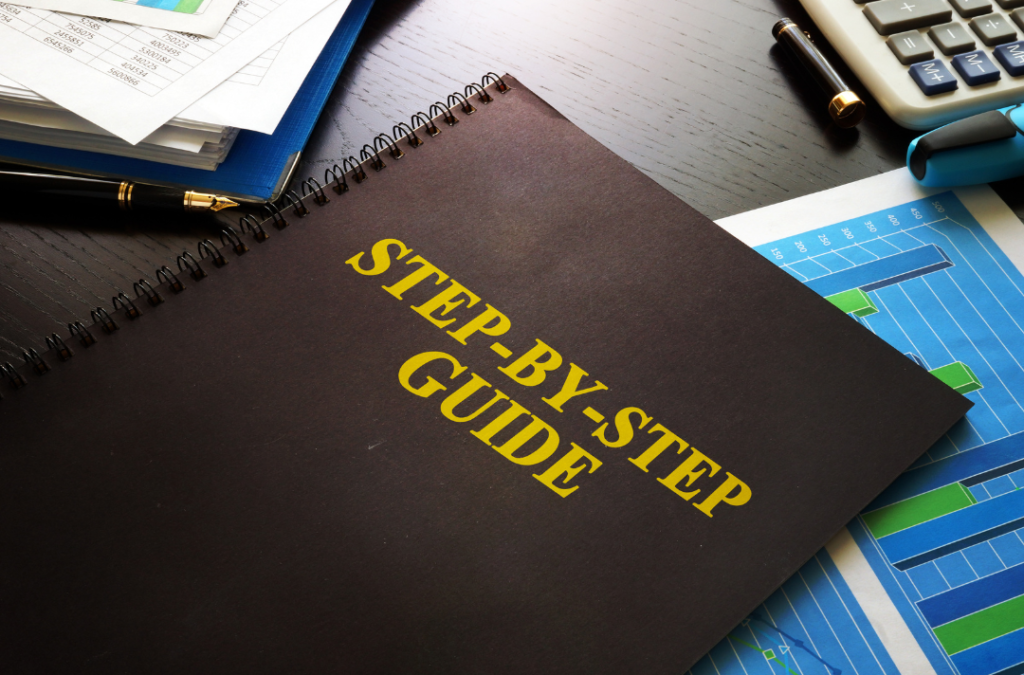
FAQs
Can I handle customs clearance myself, or do I need service?
Technically, you can handle customs clearance yourself, but it can be complicated and time-consuming, especially when it comes to sea customs clearance. For sea freight especially, professional clearance through PUREPROGRESS is the smarter choice. We have cooperations with other partner companies who can take care of your needs throughout the EU and beyond. The complex documentation requirements, port procedures, and potential demurrage charges make expert handling essential. We offer transparent pricing and handle everything from Bill of Lading processing to final port release, giving you peace of mind and avoiding costly storage fees at the terminal.
Contact PUREPROGRESS to discuss how we can streamline your sea customs clearance process.
What is an EORI number? Do I need it for Sea Freight?
EORI number is a mandatory EU identifier for import/export businesses. PUREPROGRESS can help assist you in obtaining your EORI number if you don’t have one yet.
Sea freight does require an EORI number (Economic Operators Registration and Identification number) for customs clearance when importing or exporting goods to/from the EU.
An EORI number is mandatory for:
- Importing goods into the EU via sea freight
- Exporting goods from the EU via sea freight
- Filing customs declarations at seaports
- Completing the Bill of Lading and customs documentation
Without an EORI number, you cannot clear customs at EU ports, and your shipment will be held at the terminal, potentially incurring demurrage and storage charges.
If you don’t have an EORI number yet, you’ll need to apply for one through your country’s customs authority before your shipment arrives. The application process typically takes a few days to a few weeks, depending on the country.
Do UK-EU shipments need customs clearance?
Yes, shipments between the UK and EU require customs clearance for sea freight since Brexit. The UK is now considered a third country outside the European Union, meaning all goods moving between the UK and EU seaports must go through full customs procedures, including documentation, Bill of Lading processing, declarations, and potential duties and taxes.
What's the difference between sea and other customs clearance methods?
The main differences between sea freight customs and other methods are:
Transit Time: Sea freight takes 5-7 days for customs clearance, compared to 2-3 days for air freight and same-day to 24 hours for road freight.
Documentation: Sea freight requires Bills of Lading and container details, air freight uses Air Waybills, and road freight uses CMR notes.
Costs & Risks: Sea freight has lower transport costs but risks demurrage and port storage fees if delayed. Air freight is faster but more expensive, while road freight offers the most flexibility.
Procedures: Sea customs involves complex port terminal procedures and shipping line coordination, while road customs is more direct with border crossings, and air customs focuses on security screening.
What should I do if additional documents are requested during customs clearance?
If there are additional documents that are asked/missing, it is required for the customer to get the missing required documents and submit it alongside the remaining documents that are needed. They have to be submitted together, not separately.
PUREPROGRESS simplifies your Bremerhaven sea customs clearance with expert assistance, thorough documentation support, and fast processing to ensure smooth and timely shipments.
PUREPROGRESS simplifies customs clearance at Emden Seaport with professional guidance, precise documentation, and quick processing, ensuring your air shipments are delivered without delay.
PUREPROGRESS streamlines customs clearance at Hamburg Seaport with expert support, complete documentation handling, and fast processing, ensuring timely and efficient air shipments.
PUREPROGRESS ensures seamless customs clearance at Lubeck Seaport with expert support, accurate documentation, and efficient processing to keep your air shipments on schedule.
PUREPROGRESS simplifies customs clearance at Rostock Seaport with expert guidance, thorough documentation support, and efficient processing to ensure smooth and timely shipments.





